A well-known saying – ‘necessity is the mother of invention’ implies that our needs are primary driving forces for new discoveries and inventions. Whenever, I heard the saying I usually try to crock a joke that ‘who is the father of invention?’ to enhance the discussion in a jovial way. In fact, this joke forced me to google to know about ‘the father of invention’. Surprisingly, I found an American comedy-drama film – ‘Father of Invention’ – depicts that a father trying to reconquer his estranged daughter’s love. When we go further into academic details of need as motivator of invention, Plato, in his classic ‘Republic’ points-out “our need will be the real creator”, which Jowett’s 1894 translation rendered loosely as “the true creator is necessity, who is the mother of our invention”.
The connection of mother and necessity is documented in Latin and in English in the 16th Century: William Horman quoted the Latin phrase ‘mater artium necessitas’ (the mother of invention is necessity) in 1519. Similarly, in 1545, Roger Ascham mentioned “necessitie, the inventour of all goodnesse”. In 1608, George Chapman, in his two-part play – The Conspiracy and Tragedy of Charles, Duke of Byron, – used a very similar phrase: “The Great Mother of All Productions, Grave Necessity”. And the exact phrase is used by Richard Franck in 1658. The phrase was also used in medieval French. It is found in a collection of proverbs dating to 1485-1490, and is included with another saying, “hunger makes people resourceful”, and an illustration of one man eating a carrot and another man-eating grass.
However, I strongly believe that ‘curiosity is the father of invention’, not merely only necessity or one can assume that ‘curiosity and necessity are parents of discoveries and inventions’, and this alternative notion of mine motivated me to dwell deeper into process of discovery and invention systematically. Subsequently, I developed interest and learned the significance of theory, methodology and application of statistics. I have collected a plethora of literature and gone through them carefully in order to write-down notes to compile a text book for the easy understanding of research methodology from theoretical, technical and applied approaches.
The book covers Research Methods from traditional way of usage to post-modern way of triangulation, a process of using of multiple methods and theoretical constructs in meantime. As part of traditional way of usage, the methods viz Rene Descartes’ Method of Doubt – it sought to doubt the truth of all beliefs in order to determine which he could be certain were true. Plato’s Dialects had shifted to developing positive views, and thus “dialectic” was now thought of not as a technique of testing but as a means of “saying of each thing what it is. However, it requires that reason secure an unhypothetical first principle (the Good) and then derive other results in light of it.
Like-wise, different methods like observation, case study, focus group discussion, interview, content analysis, deconstruction, hermeneutics and oral history were elaborately discussed with theories, technicalities, and applications. Similarly, the research tools namely questionnaire, interview schedule and mixed method were also presented in detail.
Finally, the latest method of triangulation was highlighted with suitable illustrations by combining two or more theories and methods in a research study. Triangulation can help ensure that fundamental biases arising from the use of a single method or a single observer are overcome, and enable validation of data and can be used in both quantitative and qualitative studies.
However, this book is an innovative attempt to present various research methods from traditional way of application to post-modern patter of triangulation, and offers easy and lucid understanding for the upcoming research scholars who do not have much exposure on research methodology.

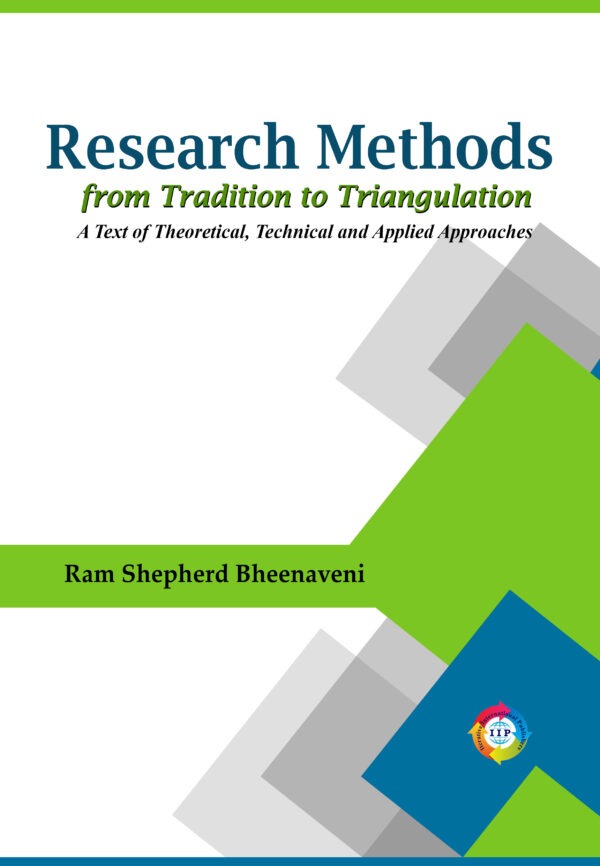
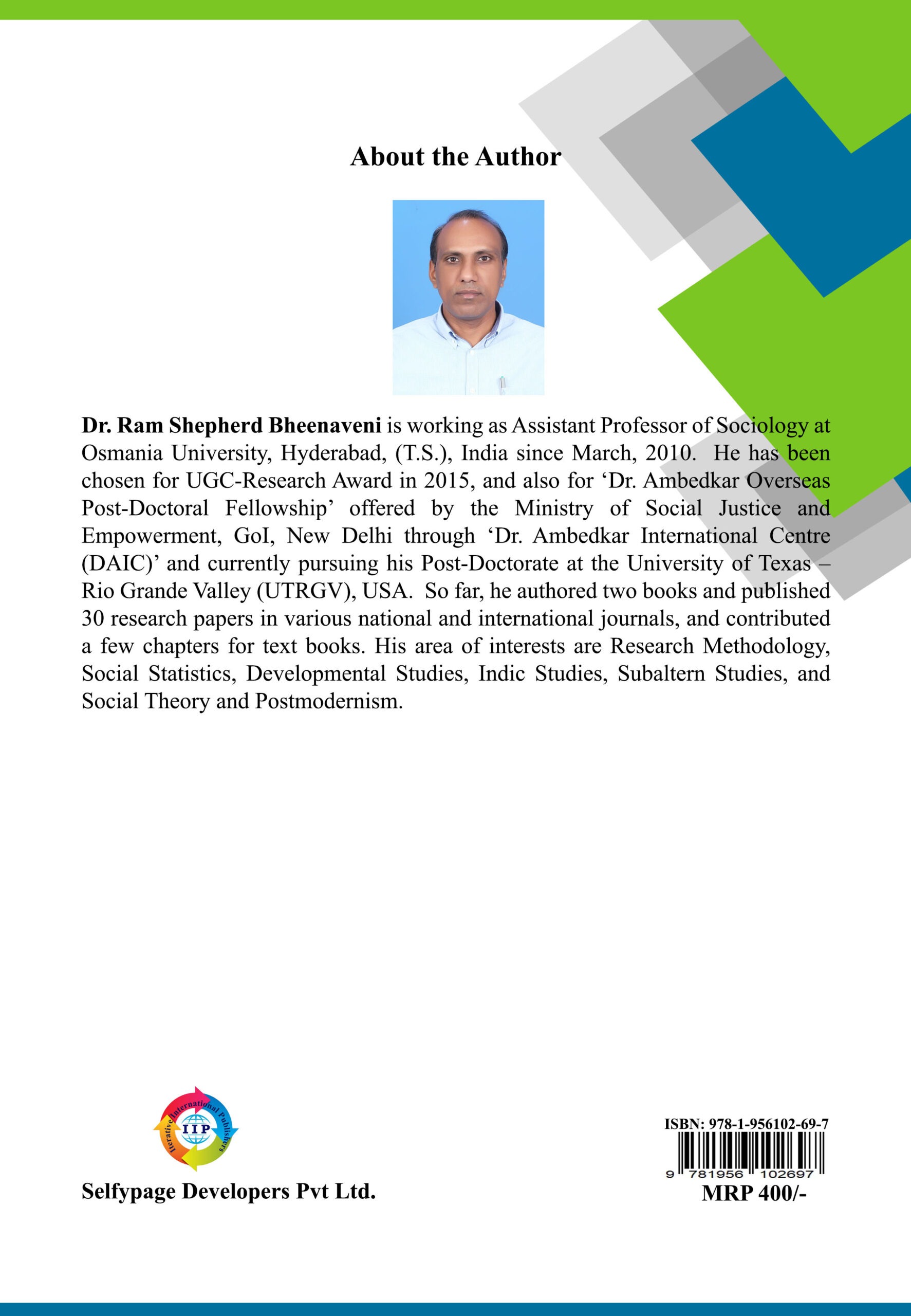

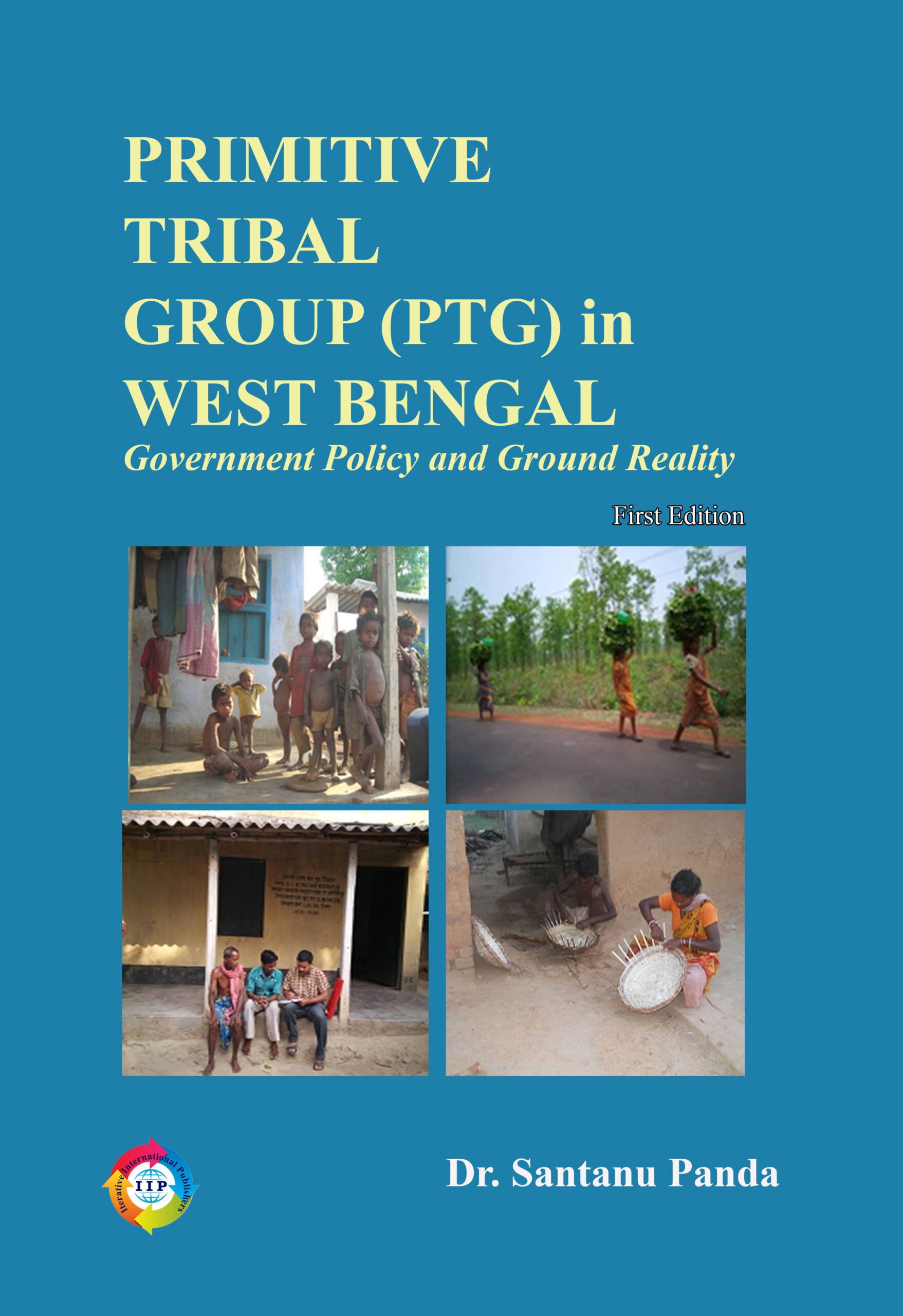
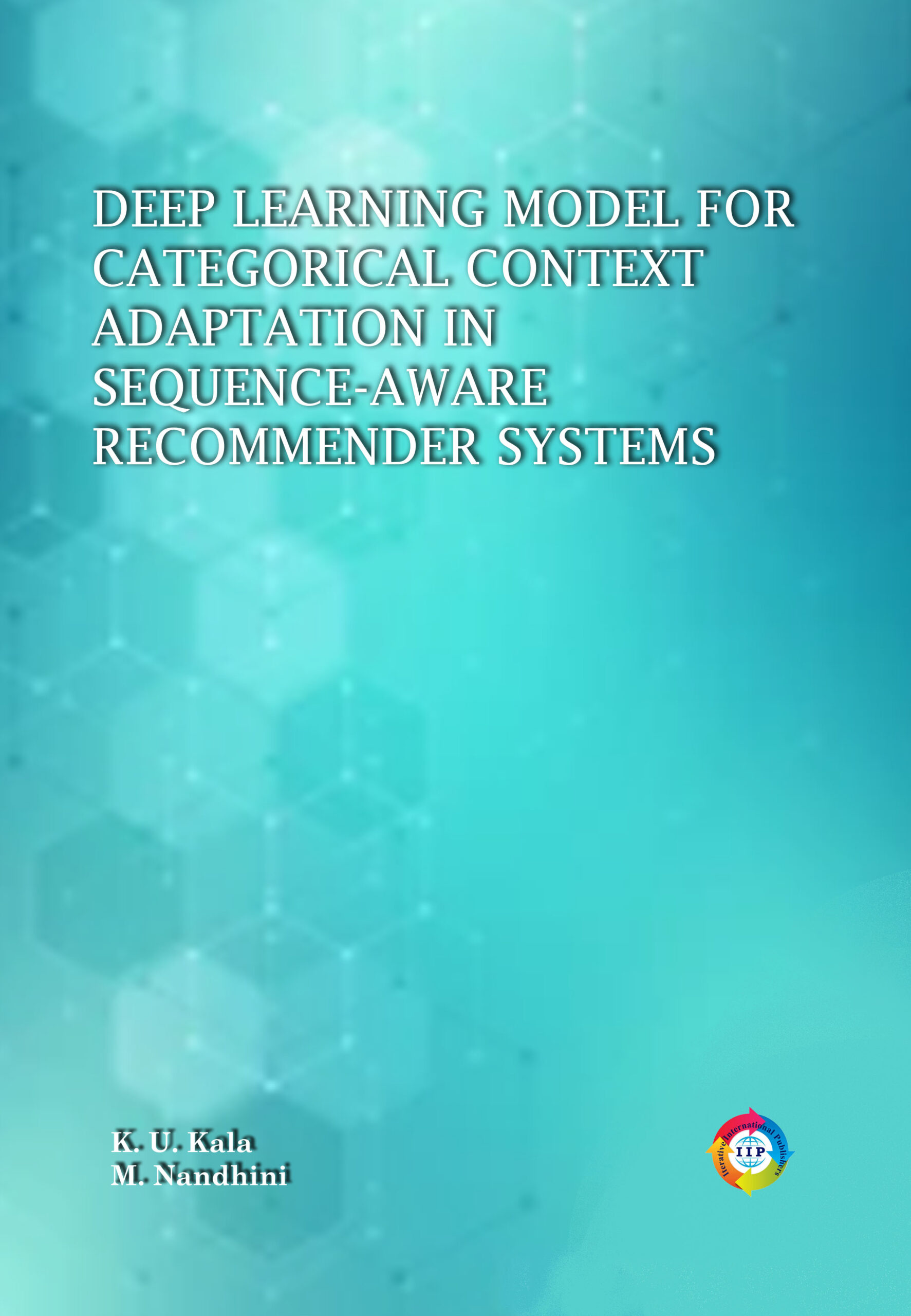
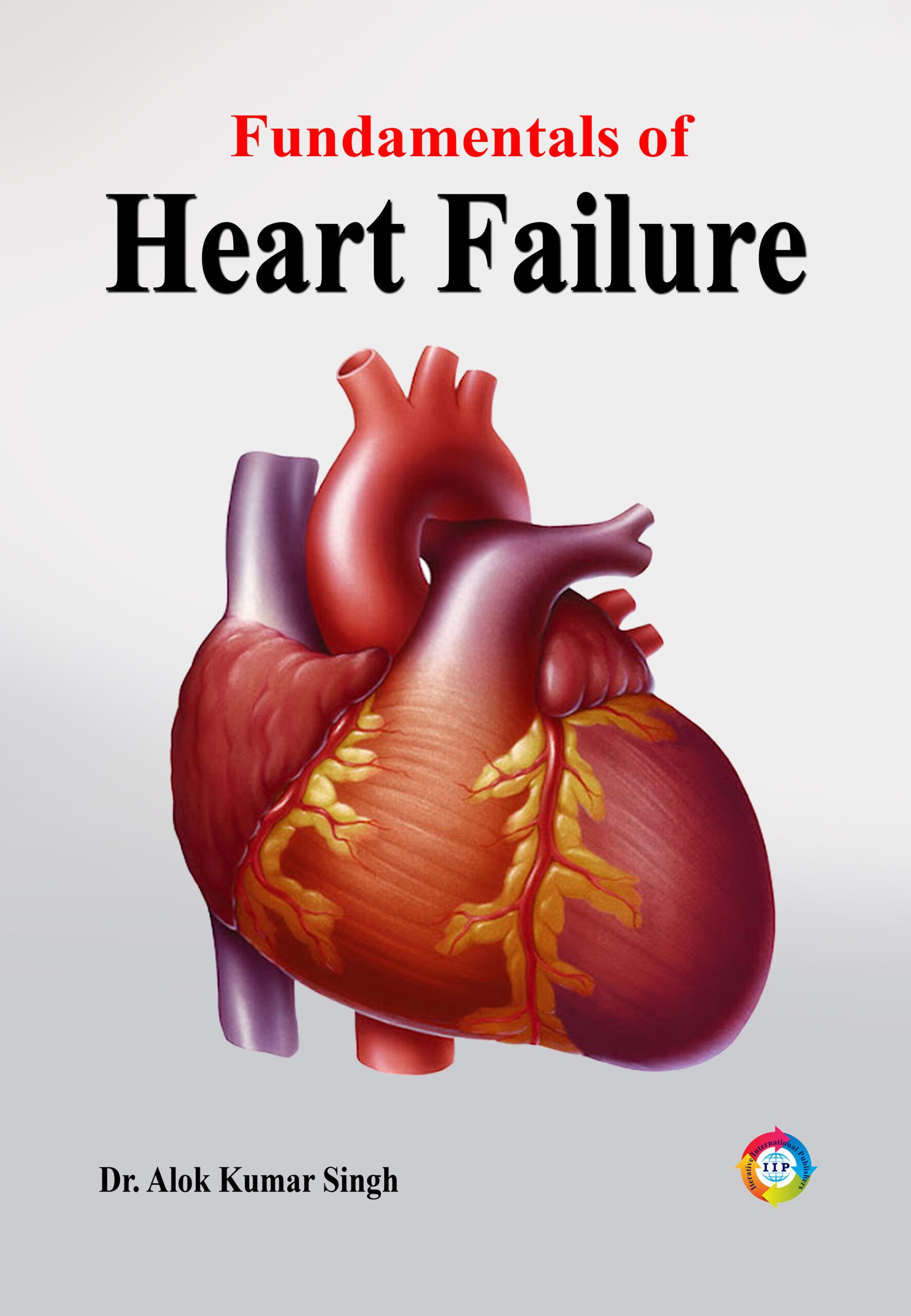
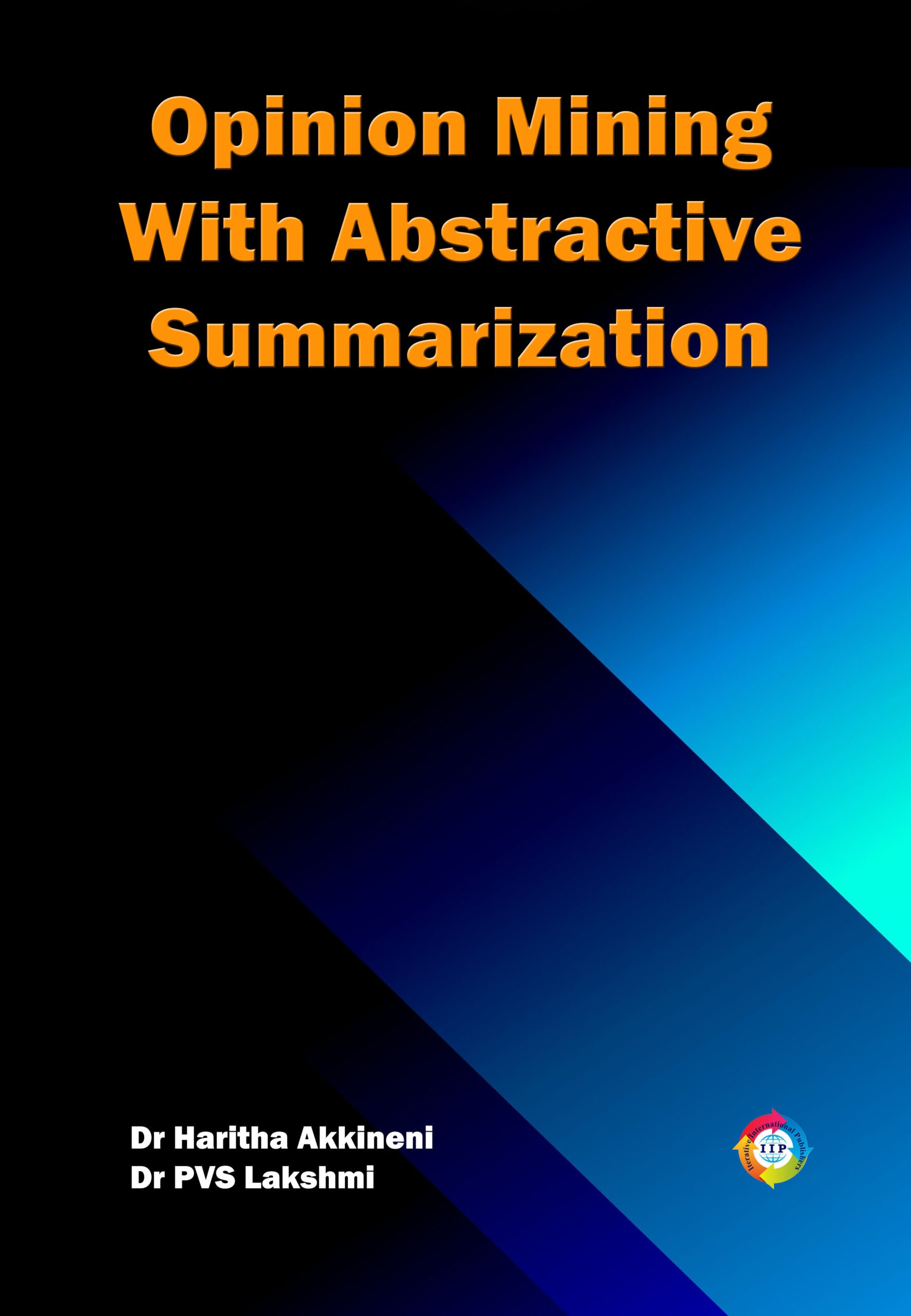
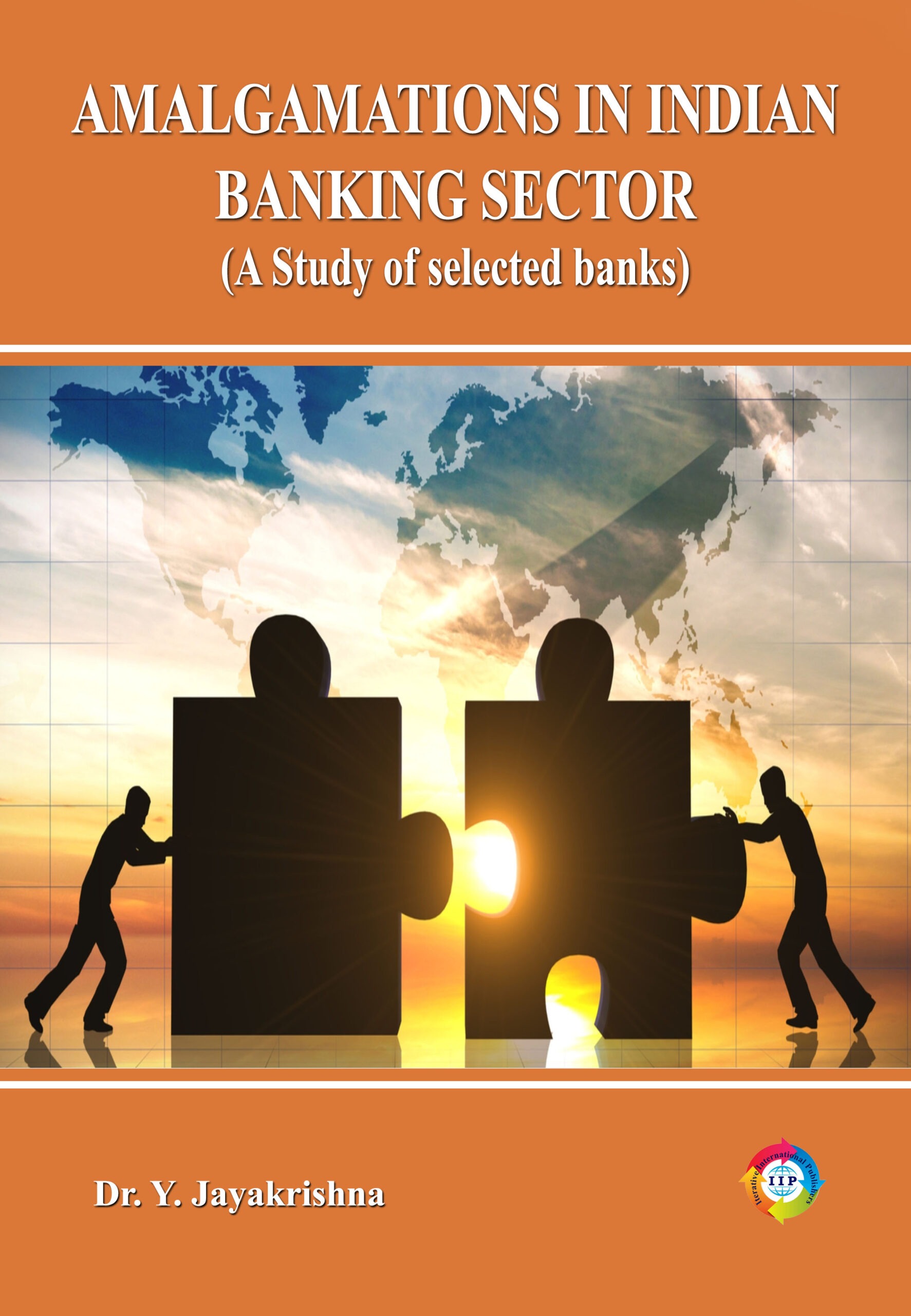
Reviews
There are no reviews yet.